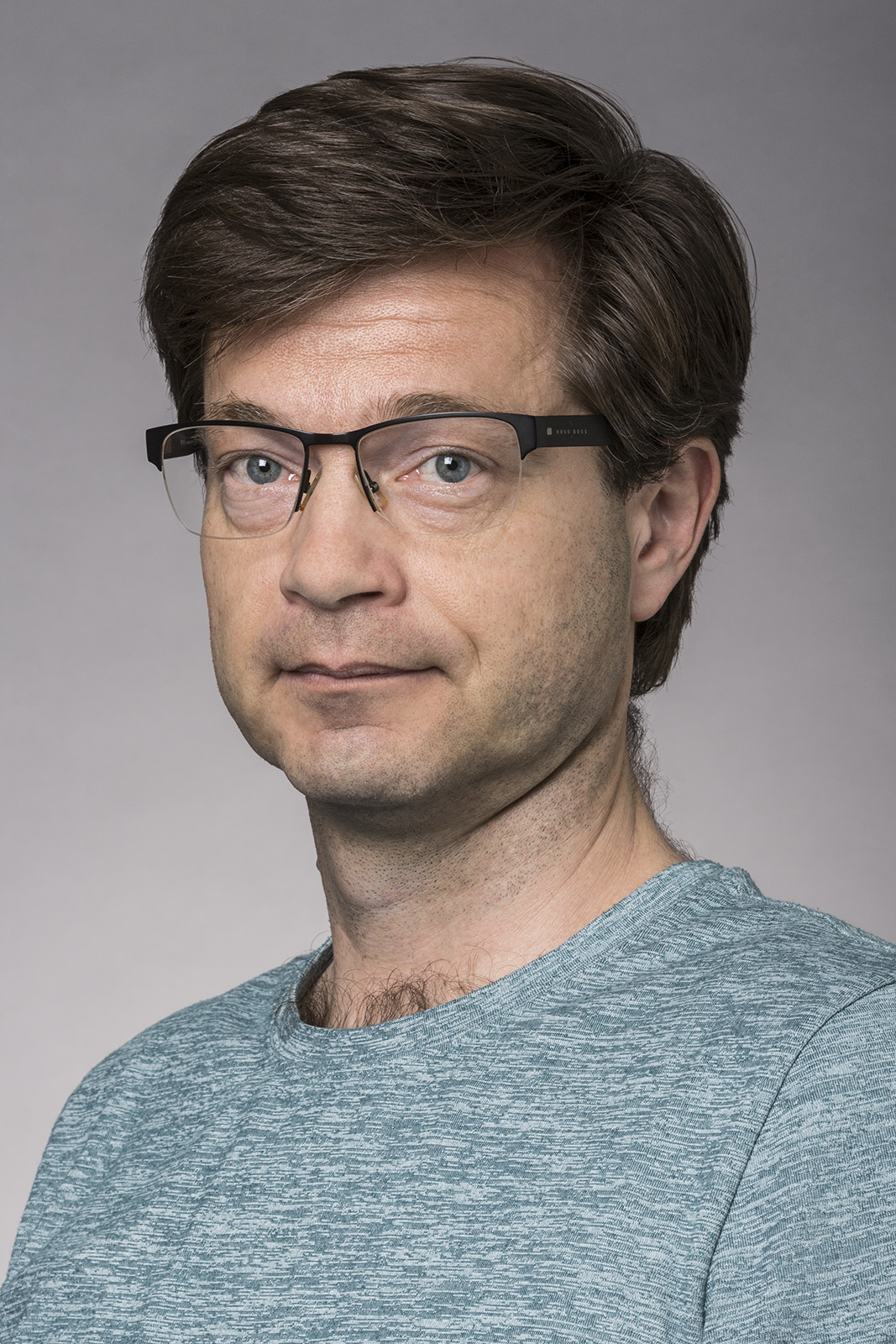More students apply for support due to psychological disorders
The number of students applying for special educational support (SPS) through AU has been fairly constant for the past three years. But compared to 2014, fewer students are currently applying for support due to physical disorders, while more students are applying as a result of psychological or neurological diagnoses.

Flemming Berg, SPS employee and special consultant at the unit for Student Grants and Loans and Special Educational Support at AU explains:
Help and support for students with disabilities
SPS at Aarhus University helps students with disabilities to apply for special educational support (SPS). This help focuses on supporting the students in overcoming the study difficulties that result from their disability or disorder.
You can get special educational support, if you have:
- Reading and writing difficulties or difficulty with numbers and mathematic (dyslexia and dyscalculia) -
- A psychological disorder
- A neurological disorder
- A physical disorder, for example visual or hearing impairments or injuries to the back, shoulders or arms.
Students who are granted special educational support due to dyslexia or psychological/neurological disorders, receive their support schemes via AU's own Counselling and Support Centre (RSC).
RSC has fifteen years of experience of providing support schemes for university students with dyslexia and psychological difficulties. Support is dependent on the student’s disorder or impairment.
Support could comprise e.g. mentorship, counselling, IT aids, ergonomic furniture or accessories, or other special study materials such as audio books.
How do I apply for support?
Contact SPS at Aarhus University, you can find them at Fredrik Nielsens Vej 5, Building 1445/1448. You can find the Counselling and Support Centre in the same building.
Telephone: (+45) 8716 2730; Mon - Thu 9:00 - 12:00 and 13:00 -15:00, Fri 9:00 - 12:00
Email: sps@au.dk
Find out more at: http://studerende.au.dk/su/.
"Each semester sees many new special educational support (SPS) applicants, but in recent years there have been more or less as many SPS recipients who complete or interrupt their degree programme.”
Flemming Berg has drawn-up a status report showing the number of actively enrolled students who, at some point during their studies, have applied for special educational support (SPS) via AU, for example in the form of mentorship programmes, counselling or special aids. The figures cover the years 2014-2016.
READ MORE: "Being disabled is such a downer"
While 2014 saw 142 students who substantiated their application for SPS with a physical disability, this year’s figure has fallen to 111. Conversely, in 2014 a total of 422 students substantiated their application with a psychological or neurological disorder. That figure has now increased to 463.
Once a student has initially been granted support, they automatically have the right to support throughout their study programme, even if they choose to do without the support during some semesters. A student may e.g. choose to actively receive support during the first semesters, suspend it during the middle of their degree programme, and then once again receive support while writing their thesis.
Flemming Berg also notes that the number of students who actively made use of special educational support as a result of psychological or neurological diagnoses during the spring semester 2016 has also increased by 27 per cent over a two-and-a-half-year period. The figures should be viewed in light of the total number of students with psychological and neurological diagnoses who have been awarded support during their study programme only increasing by ten per cent in the same period.
"The majority of students with psychological and neurological disorders need support each semester. So the fact that an increasing proportion of the students in this group are in an active support scheme at the Counselling and Support Centre shows that the students are actually active students," says Flemming Berg.
Apply as early as possible
Flemming Berg's advice to students with a diagnosis or a disability, which in one way or another impedes their studies, is to apply for support as early as possible.
"Some of the students who wait until the last minute experience many setbacks before they apply for support, which I think is unfortunate,” he says, before adding:
"The students should see us as teammates, not opponents. It’s not a battle and everyone is taken seriously."
Translated by Peter Lambourne

